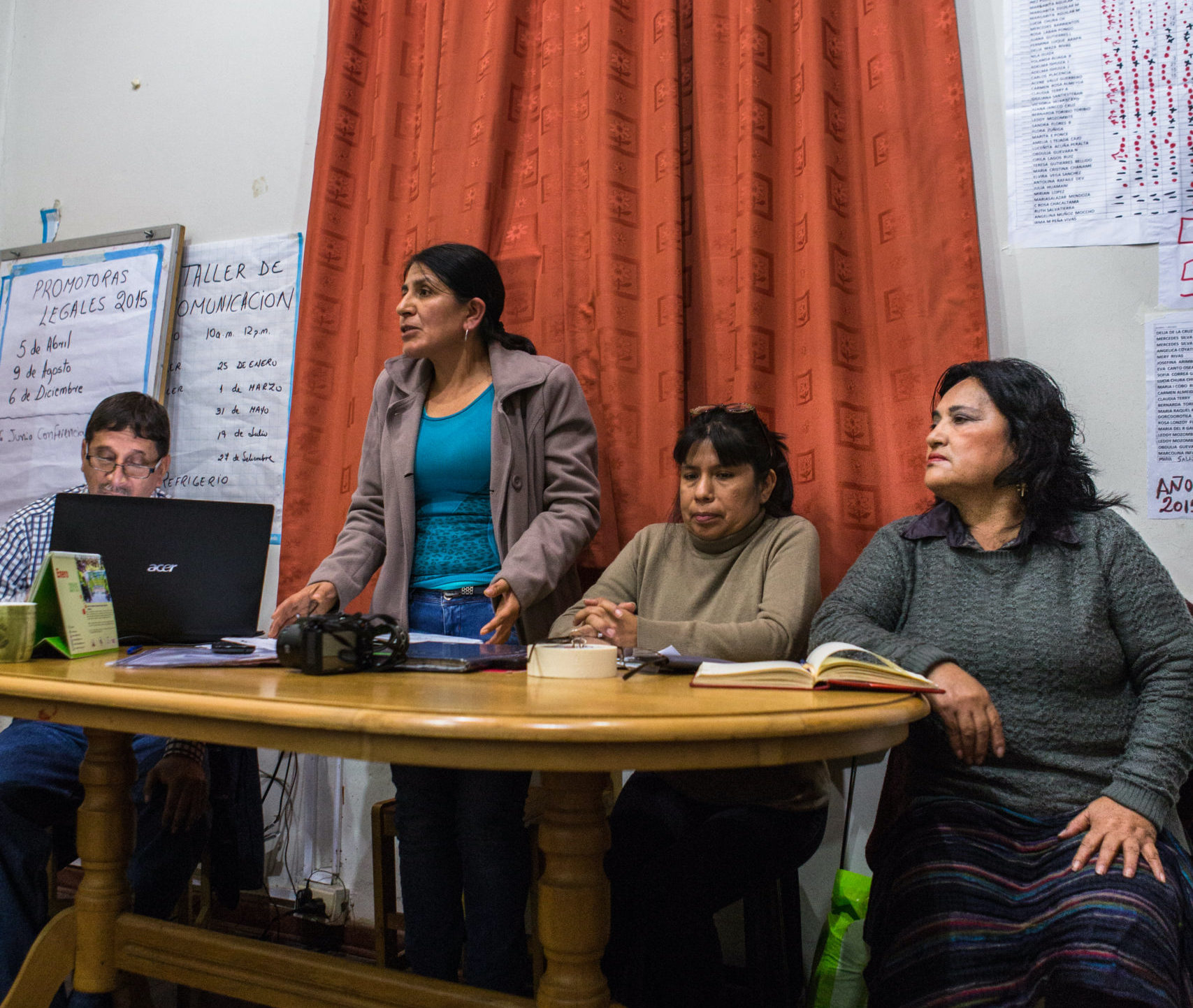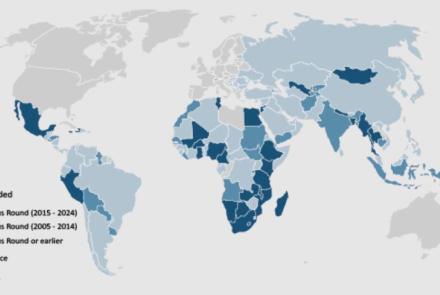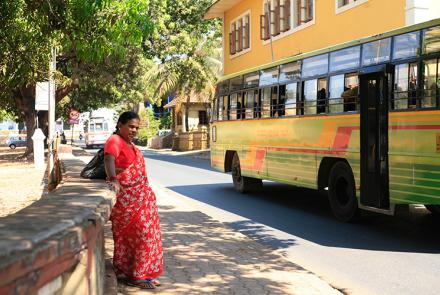Sexual Harassment and Sexual Assault Among Mexican Migrant Women
 By Chandra Reyna
By Chandra Reyna
Project Overview
Sexual harassment and sexual assault rates are extremely high among farmworker women working in the United States. This is especially the case for single mothers and indigenous Mexican women (Murphy et al 2015). Much of the research surrounding farmworker and migrant working conditions has been conducted through small and moderate sized qualitative, community based participatory research groups. This research undoubtedly reveals vital processes and mechanisms that help researchers understand the experiences and potential violence that farmworker women face. However, large scale data on the workplace experiences of migrant and farmworker women can assist researchers in uncovering larger patterns of maltreatment, potential sites for inequities across groups of women, and even lead to policy recommendations. To gather more comprehensive data on this vulnerable population, I propose to add a Sexual Harassment and Sexual Assault Module to the Mexican Migration Project’s Ethnosurvey VIII questionnaire.
Project Narrative
This application proposes to add a Sexual Harassment and Sexual Assault Module to the Mexican Migration Project’s ethnosurvey questionnaire. Doing so would increase the information that researchers have on the maltreatment that Mexican migrant women experience in the migration process and their workplace once reaching their destination. Specifically, the addition of this module would increase data for rates and experiences of sexual harassment and sexual assault.
Specific Aims
National estimates place the population of agricultural workers in the United States between 2.5 and 3 million, 28% of which are women. Among these agricultural workers, it is estimated that 1.8 million are seasonal and that 35% travel back and forth from a foreign country, specifically Mexico (NCFH 2018). Research has also documented that rates of sexual harassment and sexual violence are extremely high among farmworker women, particularly those who are undocumented or indigenous (Murphy et al 2015). Although it is becoming widely known that migrant and farmworker women are at risk of sexual violence, much of the data gathered on farmworker and migrant working conditions has been conducted through small scale qualitative research group and thus is not generalizable and cannot uncover larger patterns of maltreatment that migrant and farmworker women may experience. To gather more comprehensive data on this vulnerable population, that can potentially lead to policy recommendations to better the working conditions of migrant women, I propose to add a Sexual Harassment and Sexual Assault module to the Mexican Migration Project’s Ethnosurvey VIII questionnaire. The Mexican Migration Project (MMP) is unique for several reasons. First, it is fielded in Mexico and randomly samples households throughout Mexico each winter when seasonal migrants typically return home. The aim is to capture households that have migratory experience to the United States or Canada. Second, the project uses an ethnosurvey design which combines the techniques of ethnographic fieldwork and representative survey sampling to gather qualitative as well as quantitative data. MMP researchers randomly sample households throughout Mexico each winter when seasonal migrant typically return home. The addition of a Sexual Harassment and Sexual Assault Module to this established and long-running survey would be beneficial to scientific inquiry for at least four reasons:
- It would provide a more comprehensive picture of the migratory and workplace experiences of women belonging to one of the largest groups of migrants to the United States.
- Current data that captures the sexual harassment and sexual violence experienced by migrant or farmworker women are limited to specific locales. Creating, testing, and ultimately adding a Sexual Harassment and Sexual Assault module to the Work Conditions of Temporal Workers section of the MMP’s Ethnosurvey VIII would expand the regional breadth of data available on these experiences by Mexican migrant women.
- Given that the MMP is a household survey administered in Mexico, its design allows for sexual harassment and sexual assault data to be collected for migrant farmworker women in addition to other industries that migrant women occupy, such as domestic labor.
- The design of the MMP would also allow for data to be collected for migrant women who are temporal workers in the U.S. and Canada.
Photo by Juan Arredondo on Images of Empowerment





